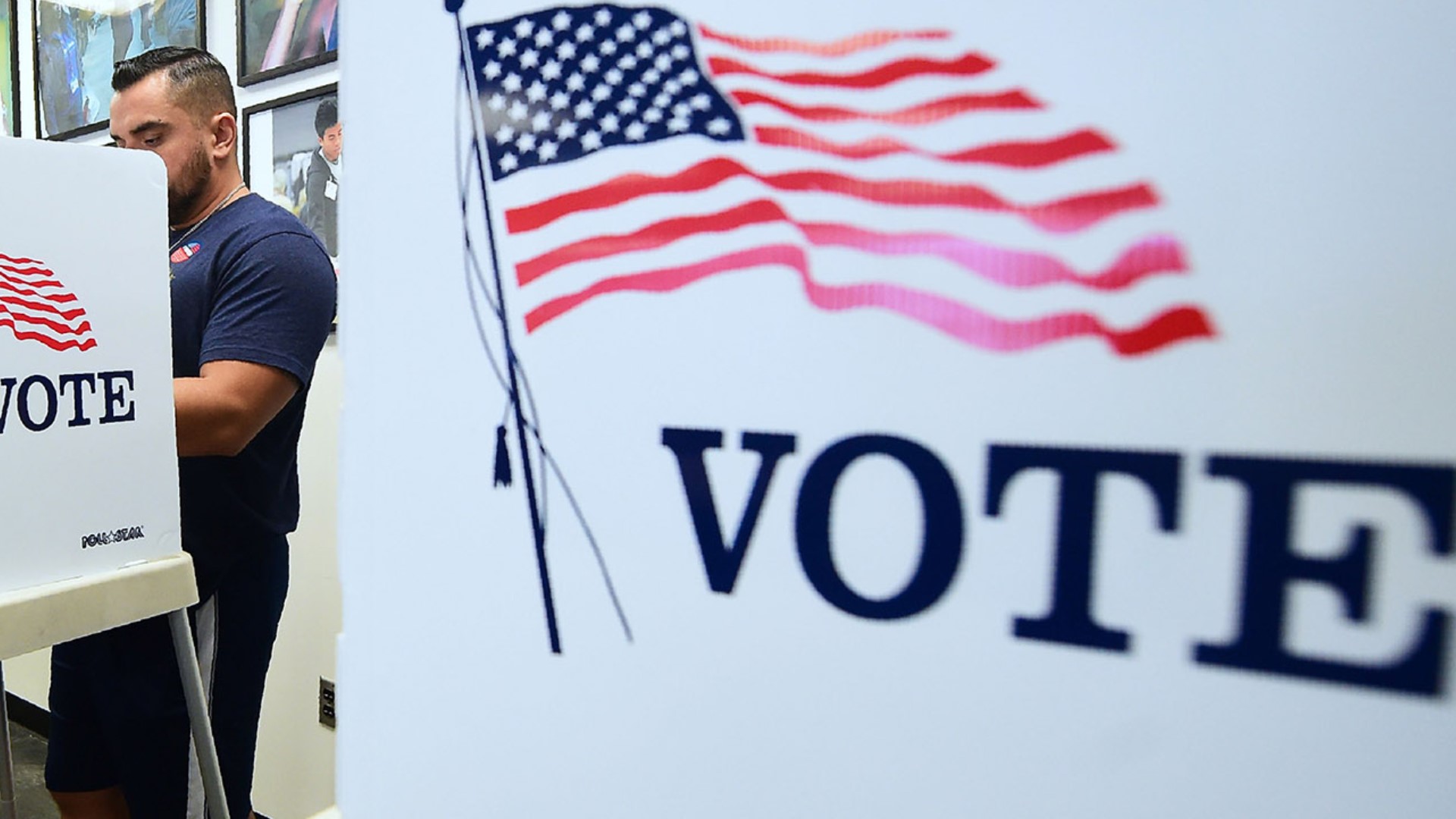AUGUSTA, Maine — Maine on Monday became the latest state to join an effort to elect the president by a national popular vote.
State lawmakers recently passed a bill to join the National Popular Vote Interstate Compact and Gov. Janet Mills on Monday announced she will allow the bill to become law without her signature. Maine became the 18th jurisdiction to sign on to the plan, which has been endorsed by 17 other states and Washington, D.C.
Mills said the plan has merits but also potential drawbacks.
"Opponents have raised legitimate questions about whether presidential candidates would want to visit Maine knowing that, under a winner-take-all system, their chance to win our electoral votes declines and, as a result, their time would be better spent elsewhere," Mills said in a statement. "Proponents have pointed out that two of the last four presidents were elevated to the highest office in the land despite having the support of fewer Americans than their opponent.
"Absent a ranked choice voting circumstance, it seems to me that the person who wins the most votes should become the President. To do otherwise seemingly runs counter to the democratic foundations of our country.
"Still recognizing that there is merit to both sides of the argument, and recognizing that this measure has been the subject of public discussion several times before in Maine, I would like this important nationwide debate to continue and I so will allow this bill to become law without my signature."
Currently, Maine's four Electoral College votes are distributed by which presidential candidate wins the state, good for two votes, and which candidate wins the state's two congressional districts, good for one vote in each district.
With Maine's endorsement, the popular vote plan now accounts for 209 of the 270 electoral votes needed. Several other states are currently debating joining the compact.
“Some argue that this measure would dilute the influence of rural voters, although this measure ultimately would provide that each vote carries equal weight, whether the voter is a rural, urban or suburban resident, and thus create greater equity among voters," Mills said. "I see merit to arguments on both sides. I am also aware that enacting this measure is not irreversible and that it will not take effect until a number of other states with at least 61 cumulative electoral votes also approve the measure, and that it will have no effect on this year’s Presidential election.
“While I recognize concerns about presidential candidates spending less time in Maine, it is also quite possible that candidates will spend more time in every state when every vote counts equally, and I struggle to reconcile the fact that a candidate who has fewer actual votes than their opponent can still become President of the United States."

